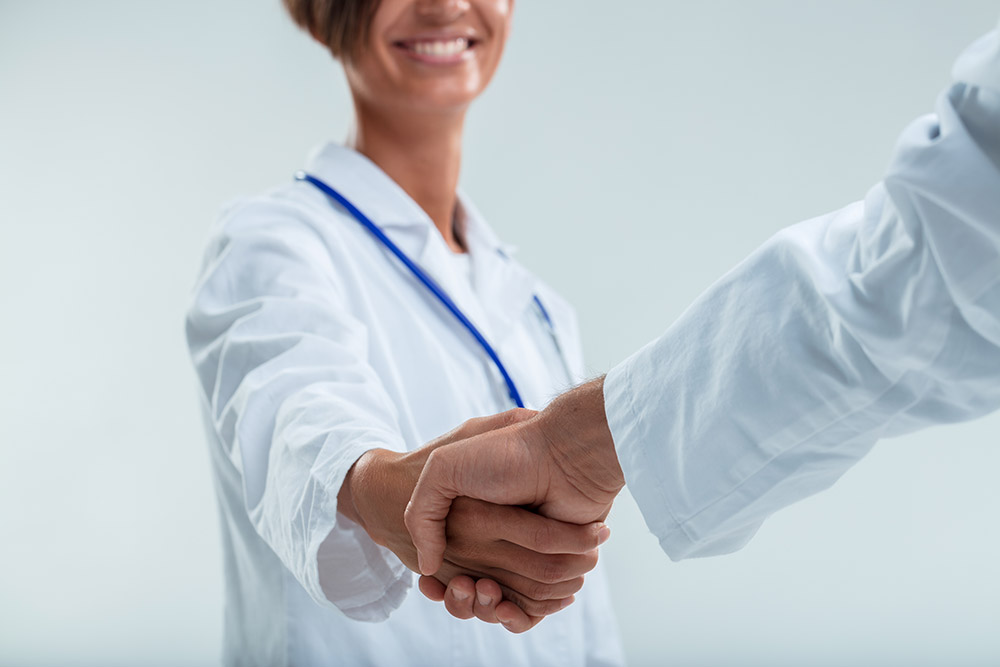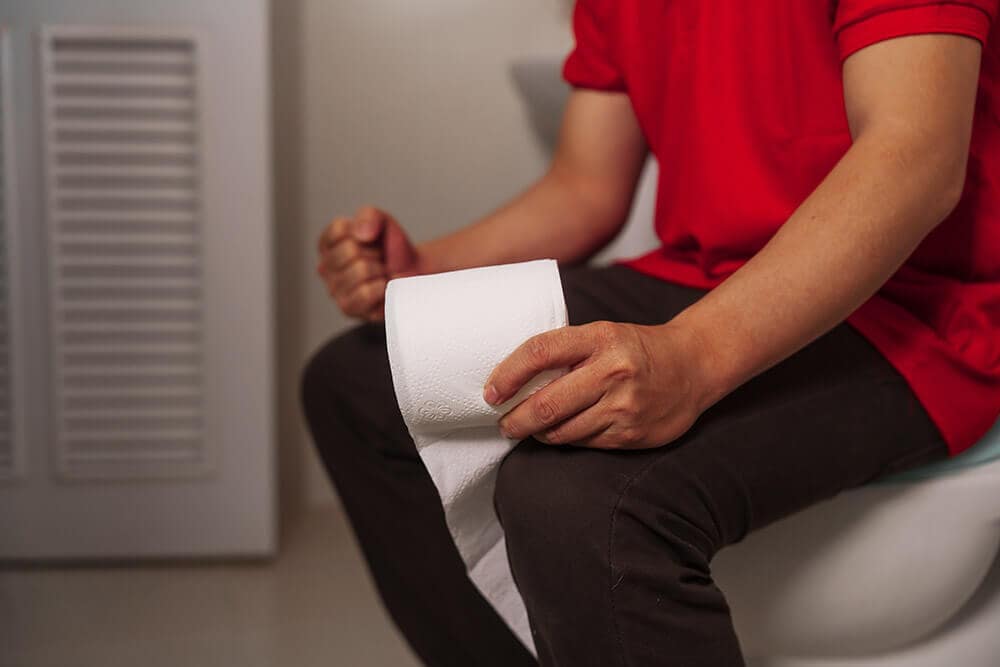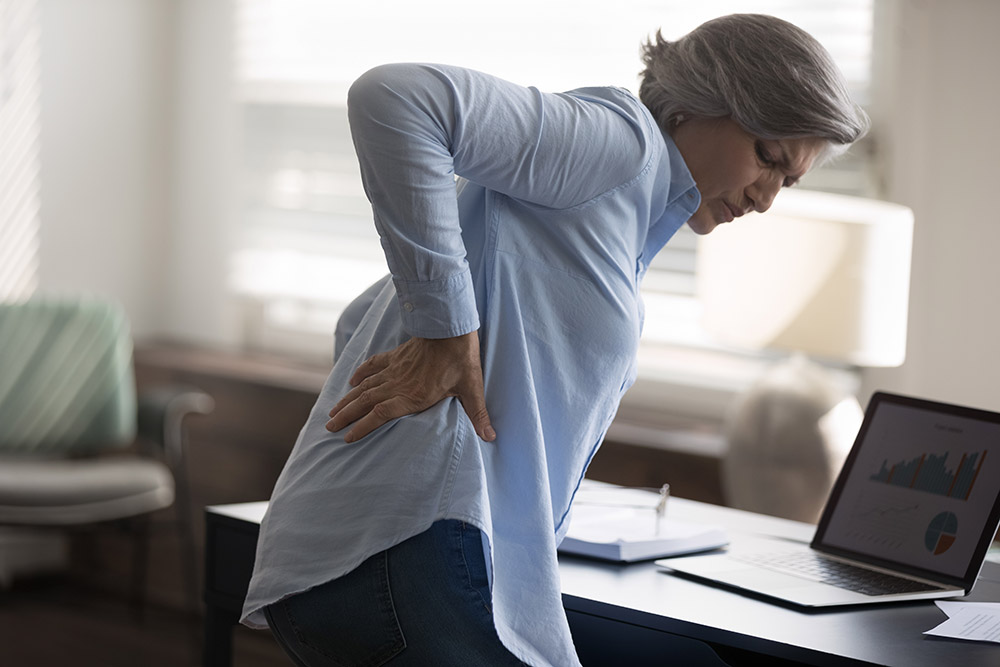How Dr. Rishi Diagnoses Hyperplastic Polyps?
1. Medical History & Risk Assessment
Dr. Chadha reviews your age, family history of polyps, diet, lifestyle habits (smoking, alcohol) and any gut inflammation to gauge risk.
2. Endoscopic Evaluation
Using high-definition colonoscopy or upper endoscopy, he carefully inspects the lining of your colon or stomach for small growths.
3. Real-Time Polyp Removal
When a polyp is spotted, Dr. Chadha removes it immediately with specialized, painless tools-minimizing follow-up visits.
4. Histopathology Confirmation
All removed tissue is sent to a trusted lab. Microscopic analysis confirms that the growth is a benign hyperplastic polyp.
5. Personalized Surveillance Plan
Based on your findings and overall health, Dr. Chadha designs a follow-up schedule-usually another scope in 5-10 years for hyperplastic polyps.
Frequently Asked Questions
What are hyperplastic polyps?
They are small, non-cancerous growths in the lining of the colon or stomach.
Are they cancerous?
No, hyperplastic polyps almost never turn into cancer.
Where do they usually form?
Most form in the colon, though some can appear in the stomach.
What causes them?
Risk factors include age over 50, family history of colon polyps, low-fiber/high-red meat diet, smoking, alcohol use, and chronic gut inflammation.
How are they found?
Dr. Rishi Chadha identifies them with a colonoscopy or endoscopy and confirms with lab testing of the removed tissue.
Can they turn into colon cancer?
Very rarely; hyperplastic polyps have a low risk compared to other polyp types.
How are they treated?
They are usually removed painlessly during the same colonoscopy or endoscopy visit.
How often should I get a colonoscopy?
Dr. Chadha will recommend a personalized schedule based on your medical history and risk factors.
Can diet help prevent polyps?
Yes. A diet rich in fruits, vegetables, whole grains, plenty of water, and reduced red/processed meats may lower your risk.
Will I need medicine after polyp removal?
If you have acid reflux or gut inflammation, Dr. Chadha may prescribe proton pump inhibitors or anti-inflammatory drugs to support healing.











